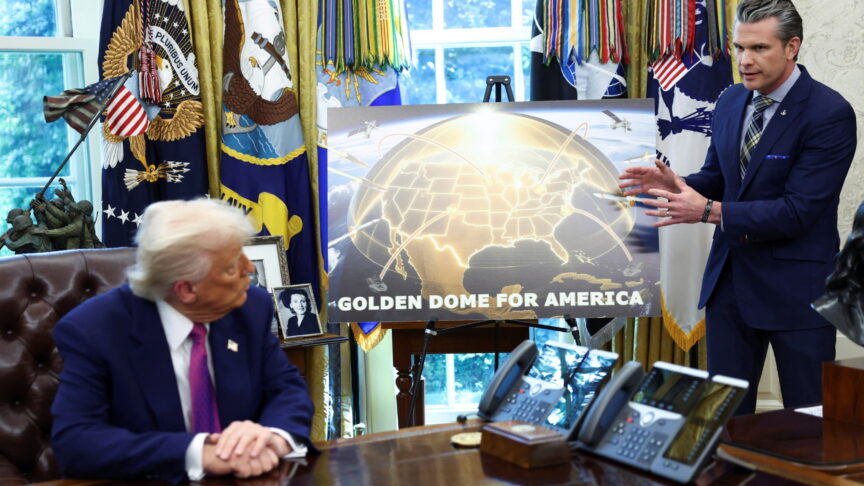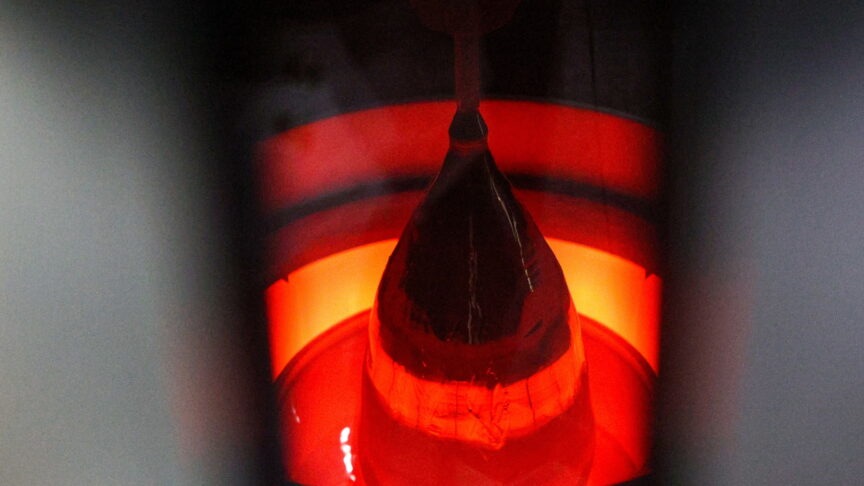Spending to defend: NATO and the EU’s new budget
The European Union’s spending priorities in the next budget round could support both NATO’s changing defence requirements, and the EU’s standing with its own citizens, says ECFR Council Member Hanna Ojanen
In October, NATO took part in a conference dedicated to the European Union’s long-term budget. In and of itself, this may not look like a major event. Nor was it the first of its kind. But the fact of it even happening is intriguing nonetheless. Why would one major organisation have a say in the budget of another in this way? More precisely, why would a military alliance be involving itself in the finances of a political union?
The strategic interest is clear. The EU itself spending more directly on defence would strengthen NATO in its broadest sense. What better, then, than to influence the budget, inserting elements of defence and strategic thinking into the process of agreeing long-term spending?
Besides this, rises in defence-related spending – beyond ‘pure’ defence spending on personnel and equipment – could improve the supporting capacity that the alliance, if mobilised in defence of itself, would draw on. For instance, improvements in military mobility could come through increasing spending on roads and bridges in the EU capable of carrying heavy military equipment. The EU already has an infrastructure policy in place, and its spending on transport infrastructure in particular is growing. EU policy seeks to streamline cross-border transport operations and improve connections between different modes of transport for the benefit of passengers and businesses throughout the EU. Thinking about the movement of troops and military equipment has not, so far, been a concern for transport infrastructure. But the potential is clear.
NATO is the strategic ally that may make the EU more convincing in its role as a security provider, and vice-versa
Spending comes with rules too, of course. And if there is one organisation that can establish new rules to, say, facilitate the swift movement of troops and equipment across borders, it is the EU. Legislative hurdles to military mobility remain. The legitimacy of such moves to remove these would stem from the goal of protecting and defending the EU and its citizens. Indeed, the European Commission explicitly described the October budget event as focused: “on the strategic choices and policy decisions that shape a modern, fair and balanced EU budget for the future”. Questions about money are really questions about priorities. As a political union the EU is able to set out its broad view of Europe’s needs and a draw on a deep well of legitimacy in taking its actions forward.
Of course, this legitimacy is coming under increasing challenge. The political pressure for budgets to be cut rather than increased are only growing greater, and may ramp up ahead of the European Parliament election next June. Public spending rules and some member states’ disregard for these add complicate the budget-setting process further, and may add fuel to Eurosceptic attacks on the EU, its purpose, and its activities. But integrating the increasingly salient issue of defence into its future spending plans may strengthen the case for the union. It would certainly strengthen the EU’s own shift towards the “strategic autonomy” it claimed for itself in the 2016 Global Strategy.
The EU and NATO have a good foundation on which to continue this work: from the very start of the more formal stage of their relationship, each has acknowledged the importance of mutual respect as autonomous institutions. The EU-NATO joint declaration of 2002 cites equality and due regard for decision-making autonomy of the two organisations. This year’s joint declaration of reiterates this: “our partnership will continue to take place in the spirit of full mutual openness and in compliance with the decision-making autonomy and procedures of our respective organisations and without prejudice to the specific character of the security and defence policy of any of our members”.
Of course, NATO is not the only one involving itself in the EU budget. The same October event saw the participation of other organisations, such as Save the Children. The EU’s own status as an autonomous actor separate from others is not at question. But when it comes to defence, is it possible to leave it at that: giving NATO the opportunity for voice, and that is it? NATO is the strategic ally that may make the EU more convincing in its role as a security provider, and vice-versa.
The search for strategic autonomy risks easily turning into a lengthy list of requirements that demand heavy spending. To achieve the Global Strategy’s headline goal, the EU needs to address a number of shortfalls, including investing in satellites, intelligence, surveillance and reconnaissance capabilities, cyber response, air transport and ground combat capabilities. Full autonomy for Europe in security and defence is the clear strategic goal, but the tension between autonomy and interdependence is indeed tangible. And budgetary autonomy is a new facet to this tension.
Hanna Ojanen is member of the ECFR Council and Adjunct Professor (Docent) at the University of Helsinki. For more on power relations between the organisations, see Hanna Ojanen, The EU’s Power in Inter-Organisational Relations (Palgrave 2018).
The views and opinions expressed in this article are those of the author and do not necessarily reflect the official policy or position of the European Council on Foreign Relations.
The European Council on Foreign Relations does not take collective positions. ECFR publications only represent the views of their individual authors.


